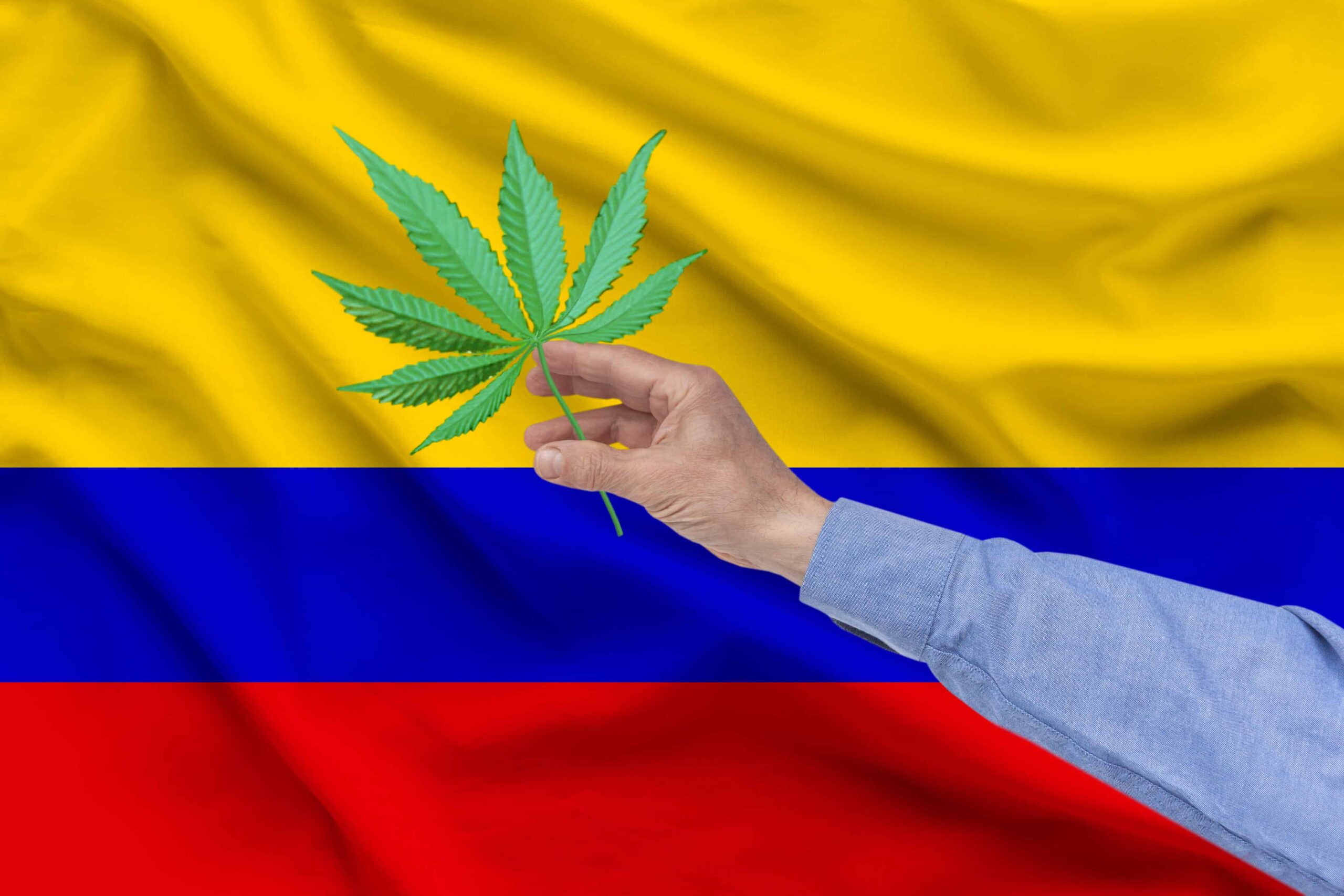
Colombian senators approve cannabis legalization bill
A bill legalizing cannabis in Colombia passed the Senate on Tuesday. Ending the war on cannabis is primarily about stopping organized crime and illegal activities and tackling overcrowded prisons. Senator María José Pizarro, the senator behind the legislation, wrote in an editorial last month that the current cannabis ban has “enriched criminal organizations that continue to expand and spread terror around the world.”
“Concurrently, a significant percentage of the global increase in the incarcerated population accounts for people being arrested or prosecuted for possession and use, which has led to overcrowding and a prison crisis,” she added.
The constitutional amendment went through the House of Representatives last month before being approved by the Senate First Committee by a vote of 15-4. This is the seventh of eight votes needed before the bill reaches the desk of progressive Colombian President Gustavo Petro. Following its recent success, the bill will go to the Senate for a vote on June 16.
While Petro has not directly cited his view of the legislation, supporters of the bill are hopeful, as Petro has supported legalizing the legislation since taking office in August and has historically opposed the horror that can come from a ban. especially the power it gives to dangerous illicit markets.
Last year he turned to the UN to urge his countries to change their approach to drug policy. The President often speaks about the need to release prison inmates on cannabis allegations. Petro also discussed how a legal cannabis market could boost Colombia’s economy. He pointed out that smaller towns like the Andes could potentially benefit from a legal cannabis industry with no licensing requirements. Petro is also open to starting an export company so Colombia can sell to other legal countries.
Because the bill is a proposed constitutional amendment, Colombian law requires it to go through the entire legislative process in each chamber twice in different calendar years in order to eventually be passed and come into force. If passed, the amendment will “support the right to free expression of personality, which enables citizens to make decisions about the use of cannabis within a regulated legal framework,” it says. The aim is also to reduce “arbitrary discrimination or unequal treatment of the consuming population”. It would include treatment centers for people with substance use disorders and provide public education campaigns.
Another encouraging point Petro raised is the role cannabis could play in harm reduction by reducing the demand for cocaine. The president, a former member of Colombia’s M-19 guerrilla group, has survived first-hand a violent clash between guerrilla soldiers, paramilitary drug groups and drug cartels. So far, Colombia’s aggressive anti-narcotics policies have only exacerbated the problem. According to the United Nations Office for Drug Control Policy (ONDCP), Colombia remains a major cocaine exporter. As Justice Minister Néstor Osuna expressed at a public hearing in the Senate panel in 2022, Colombia is the victim of “a failed war that was planned 50 years ago and has brought us much blood and armed conflict because of the absurd prohibitionism , mafia and Crime.” Back in 2020, Colombian lawmakers introduced legislation to regulate coca, and therefore cocaine production, but admitted the country’s historic attempts to address the problem had failed. However, the bill fell through thanks to a conservative legislature.
These problems are not unique to Colombia and the President knows it. Last year Petro met with the President of Mexico (the country is also considering legalizing cannabis) and they announced efforts to bring Latin American leaders together at an international conference focused on “reshaping and overhauling drug policies” in light of the… “Failure” of Prohibition.

Post a comment: